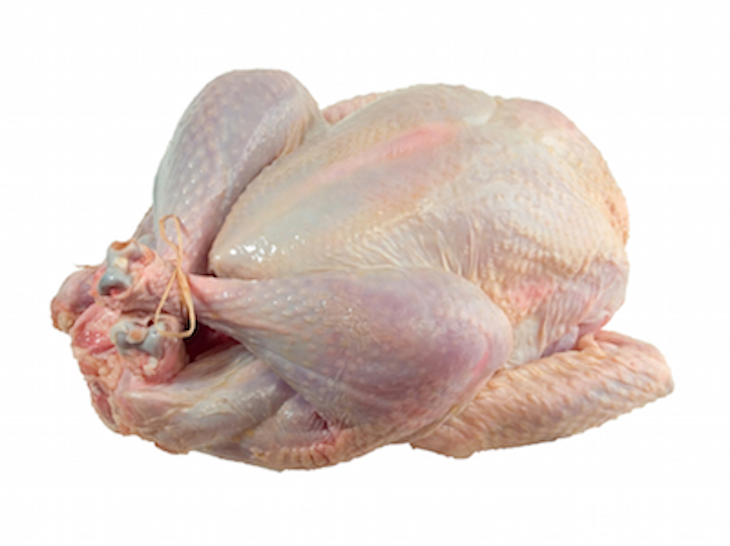A new CDC study has revealed the Salmonella serotypes most commonly linked to Thanksgiving foods such as turkey. The study used routine surveillance for the years 1998 to 2018, and a case-crossover design.

In 2017, there were about 45,000,000 turkeys produced for Thanksgiving. About 88% of consumers in the United States report that they eat turkey during the Thanksgiving meal.
There are about 1 million cases of Salmonella reported in the United States every year. These illnesses cause 20,000 hospitalizations and 400 deaths annually. Since a small percentage of people infected with this pathogen actually seek medical help every year, the number is likely much higher.
Salmonella Hadar and Saint Paul are the serotypes that are most commonly associated with turkey. The serotypes Enteritidis, Heidelberg, and Typhimurium are also frequently causes of outbreaks related to turkey.
The study used the Laboratory-based Enteric Disease Surveillance system, which is a passive surveillance of lab-confirmed isolates. The system collects demographic information, the specimen source, collection date, test results, serotype, and the outbreak association if available.
The study found that Salmonella Reading is the most strongly associated with Thanksgiving foods. This serotype did cause a multistate outbreak associated with raw turkey during 2017 to 2019. That outbreak sickened at least 358 people in 42 states and hospitalized 133 patients. The outbreak strain of Salmonella Reading was found in samples from raw turkey products from 24 slaughterhouses and 14 processing establishments. A new clone of this serotype has emerged since 2014 in commercial turkey production.
Other Salmonella serotypes associated with Thanksgiving in the study including Hadar, Schwarzengrund, and Heidelberg. Some of the serotypes that significantly increased after Thanksgiving include Baildon and Ohio, which are rare, causing fewer than 200 illnesses annually.
This study may help researchers determine which pathogen serotypes are likely to cause illness from foods that are disproportionally eaten during a specific period. The technique can also uncover causes of sporadic illnesses throughout the year and changes over multiyear periods.
Tobolowsky FA, Cui Z, Hoekstra RM, Bruce BB. Salmonella serotypes associated with illnesses after Thanksgiving holiday, United States, 1998–2018. Emerg Infect Dis. 2022 Jan [date cited]. https://doi.org/10.3201/eid2801.211986




